How much does it cost to boil a kettle for a cup of tea — and how can you save?
We've calculated how much your morning cuppa is costing you, plus which types of kettles could save you money

Katie Sims
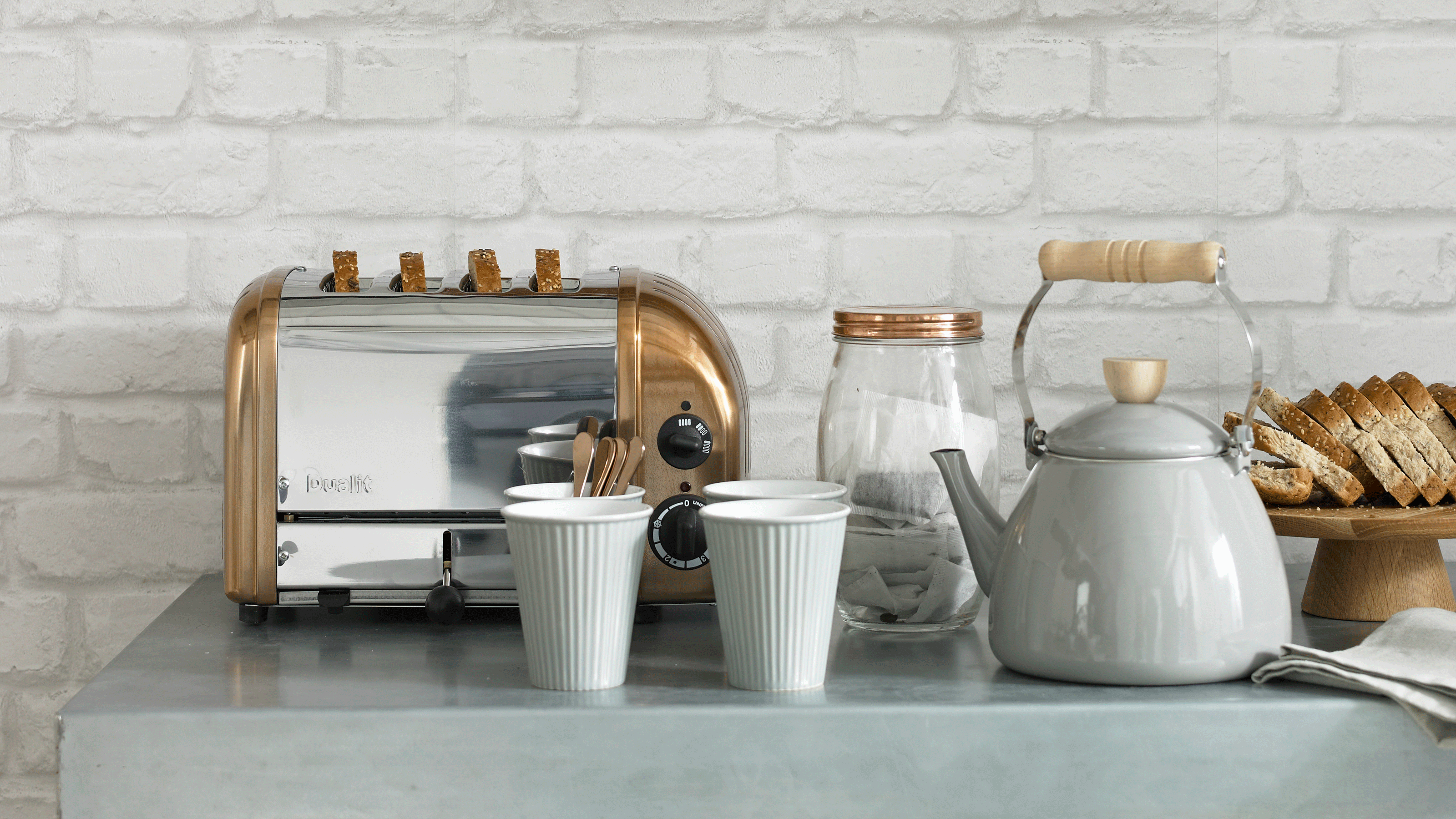
Sign up to our newsletter for style inspiration, real homes, project and garden advice and shopping know-how
You are now subscribed
Your newsletter sign-up was successful
This article has been updated to calculate the running costs based on the January 2025 price cap. It has also been fact-checked and any out-of-date information removed.
EDITOR’S NOTE: We are aware that this article includes a quote from a purported expert whose credentials we have not been able to verify. The quote is in a queue to be removed as soon as possible. We regret this lapse in our verification process and have updated our internal protocols to reduce the risk of recurrence.
Ah, the humble kettle—an essential part of British life. Whether it’s for your morning coffee, an all-important afternoon tea-and-biscuits break, or boiling water for pasta at dinner, it's always there, loyally bubbling away. But have you ever wondered what it actually costs to boil a kettle?
Surprisingly, even the best kettles can quickly become one of the most energy-guzzling kitchen appliances in the home, especially if you overfill them. And with the energy price cap £21 higher for the January-March 2025 period than it was from October-December 2024, understanding these running costs is vital.
Plus, it's a great start to saving energy at home.
Working out how much it costs to boil a kettle depends on a number of factors, including how much water you’re boiling and how efficient your kettle is. Because while some are designed to save energy, others are about as efficient as trying to dry your clothes in a rainstorm.
We've spoken to the experts and done some calculations to work out exactly how much energy a kettle uses, and how much a kettle costs to boil.
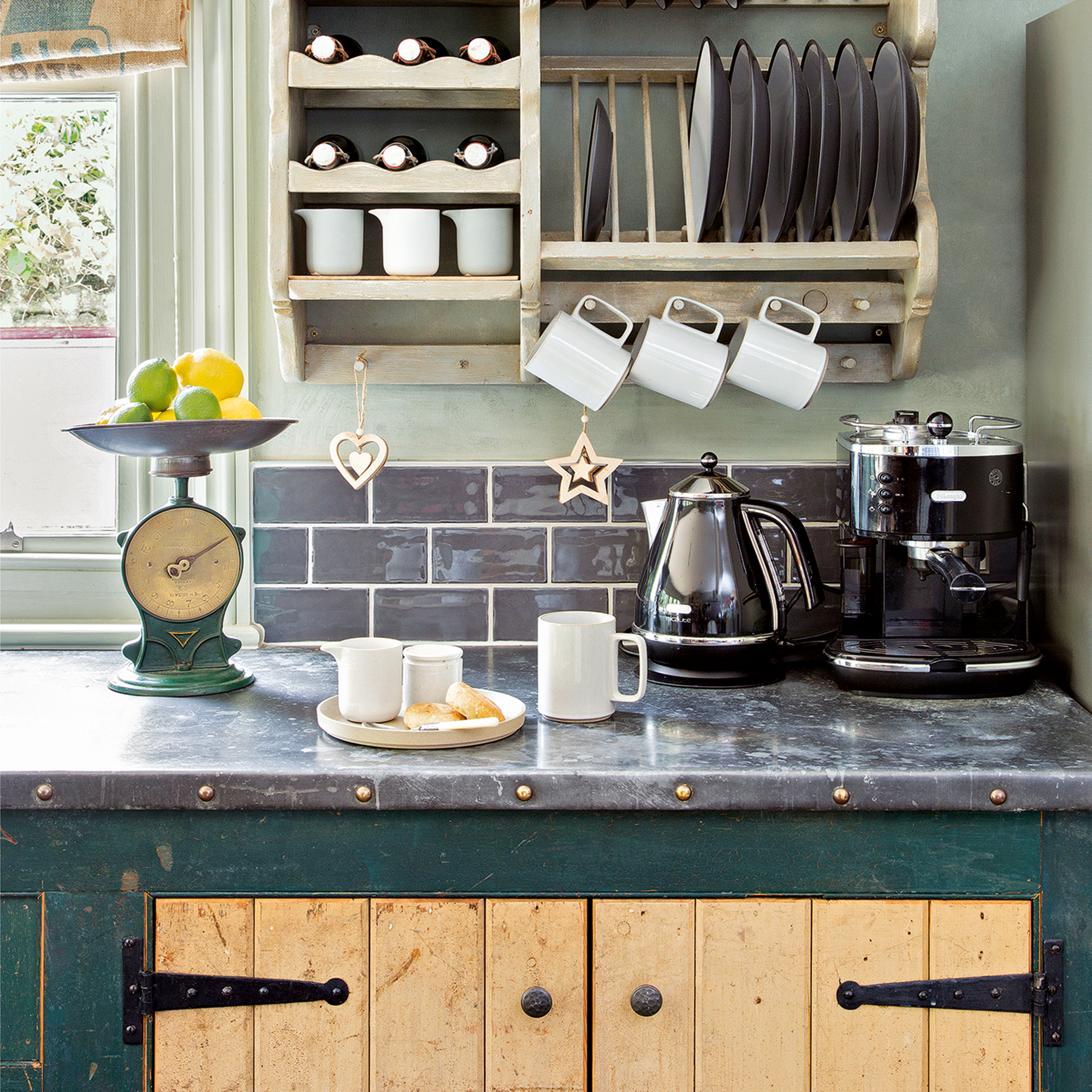
How much does it cost to boil a kettle?
'To work out how much it costs to boil a kettle, you’ll need to know how much you pay for one unit of energy (1kW), how many kilowatts your kettle is and how long it takes to boil the desired number of cups,' explains David Johnson, Techinal and Category Manager, The Underfloor Heating Store.
Under the January 2025 price cap, the average price for electricity is 24.86p/kW. However, as you won’t be boiling a kettle for a solid hour, it’s better to work out how much energy a kettle uses based on a smaller amount of time.
- The majority of kettles have a 3kW element. An example 3kW kettle boils one cup of water (235ml) in approx 45 seconds. This means it uses less than 1p (0.0093p) to boil a cup of water in a kettle. The same kettle can boil 1.7 litres of water in about 4 minutes, meaning that it costs around 5p (0.0497p) to boil a full kettle each time.
- Some kettles have a 2.2kW element. This means that they’ll use less power, but also take longer to boil. An example 2.2kW kettle can boil a litre of water in 3 minutes 10 seconds, meaning that although its cost per minute is less than 1p (a little over 0.9p to be exact), boiling a litre will cost 2.8p.
To work out the cost of boiling your own kettle, you'll firstly need to find out how much you pay for one unit of energy (1kW), which should be listed on your energy bill. Check the power rating of your kettle, then time how long it takes for your kettle to boil one cup of water (you can pour water from your chosen mug into the kettle if you want to be super precise).
Sign up to our newsletter for style inspiration, real homes, project and garden advice and shopping know-how
By multiplying the kW of your kettle by the price you pay for energy, you'll get the figure of how much it costs to boil your kettle for an hour. Divide this by 60 to get a rough price of how much it would cost per minute.
Heating larger amounts of water for cooking starts to become more expensive. Fill the example 3kW kettle up to its maximum of 1.7 litres each time and the boiling time for a full kettle rises to 4 minutes, and a cost of 5p every boil. That means if you often boil a full kettle for just one cup you're wasting about 4p every time.
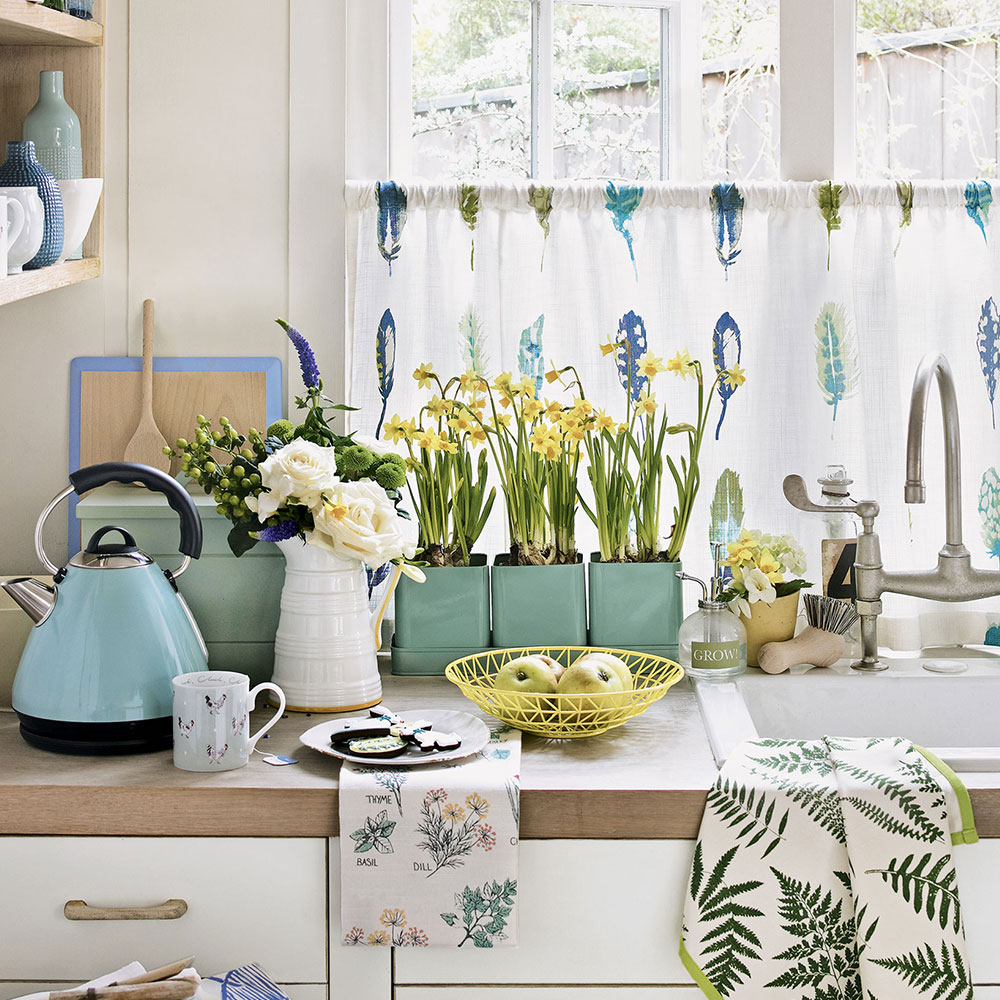
Are some kettles cheaper to boil than others?
While most kettles use a similar amount of energy to boil the same amount of water, with how much does it cost to boil a kettle, some are cheaper because they're more energy efficient. Some may not switch off immediately after reaching boiling point, while others have poor insulation that mean they lose heat externally, taking longer to reach boiling point.
The difference can be substantial over time. For example, one 3kW kettle can boil a litre in just over 2 minutes, while another may take as long as 2 minutes 30 seconds. This can mean a cost difference every time you boil a litre of water, so make sure you're using the best electric kettle for you.
‘We use our kettles more frequently than most other kitchen appliances,' says Ben Gallizzi, Energy Expert, Money. ‘In fact, the average UK household boils the kettle 1,500 times a year. If you’re in the market for a new kettle, look for rapid-boil models in the 2.5 - 3kWh range that can boil a single cup of water in under a minute as well as those with insulated casings that keep the water warmer for longer after boiling.’
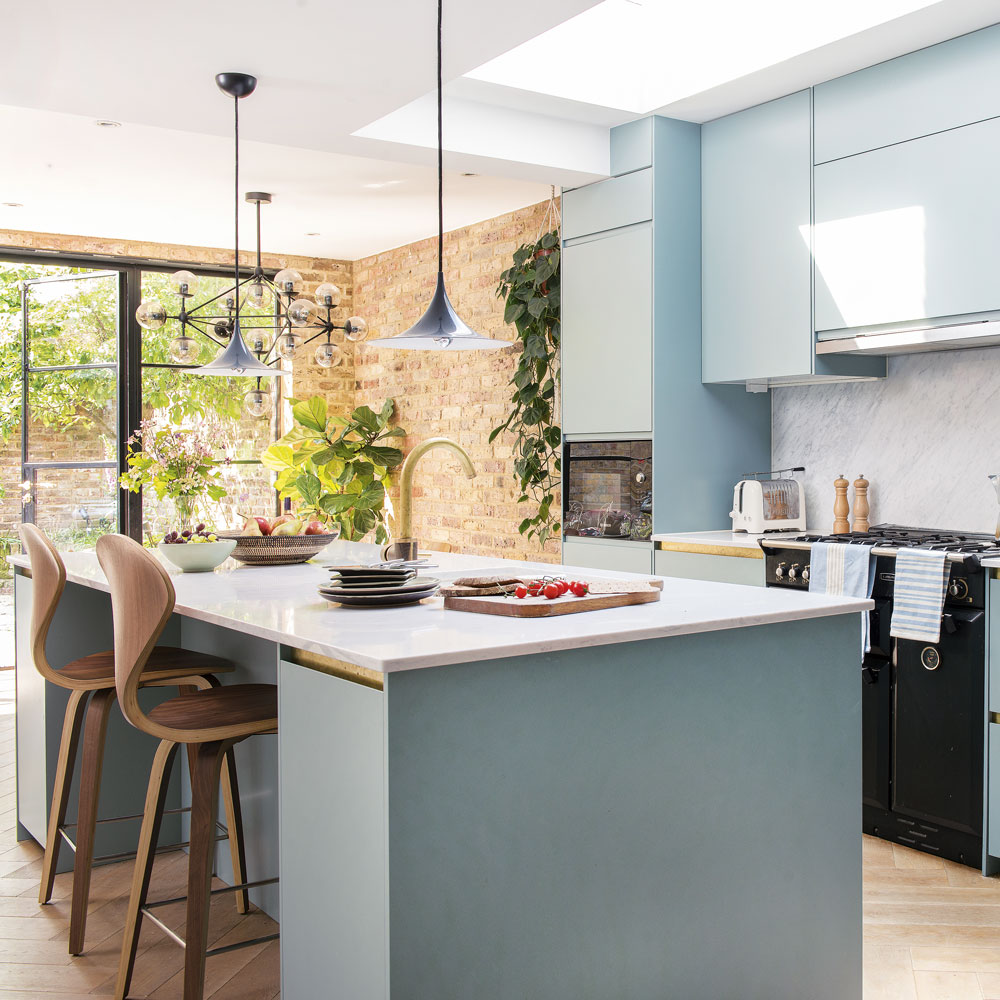
What energy saving features should I look for when buying a kettle?
If you're shopping for a new kettle, look for the clever functions listed below so that using it is as energy efficient as possible.
1. Variable temperatures
A choice of temperature is a great option for those who enjoy pour over coffee, green tea and herbal tea. These drinks, as well as others, benefit from brewing with water at lower temperatures than boiling. And, as the water reaches the desired temperature sooner without needing to boil, your kettle will use less energy. Filling your hot water bottle with cooler water than boiling will also prolong its life.
2. Clear markers
Kettles without markers inside or on the water fill window mean you may boil more water than you need. Ideally, look for a model that has both litres and cups shown clearly so you can fill it quickly without overboiling.
3. Low minimum fill
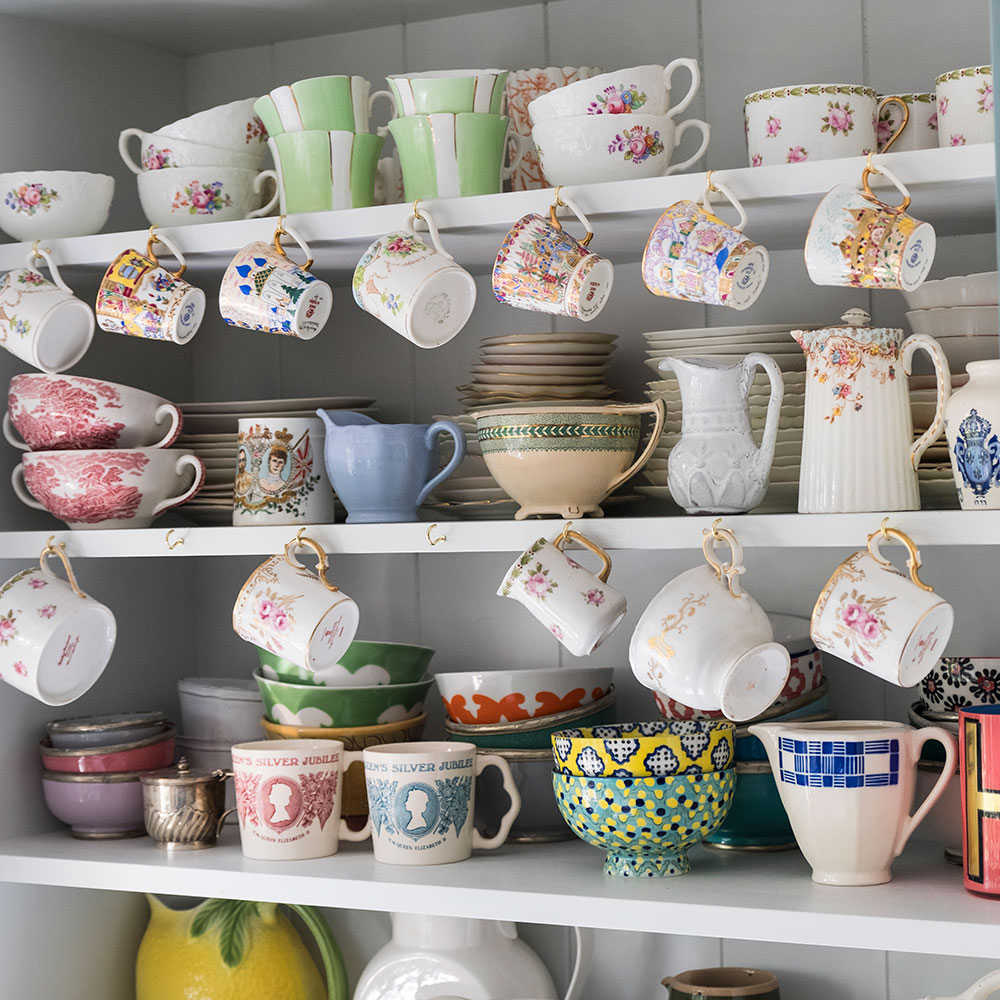
Minimum fill amounts vary between models, meaning that even if you only want to make a cup of tea, you may need to consistently heat more water than you need. Minimum fills can be as much as 500-800ml, so look for those that allow you to boil as little as a single cup. Alternatively, one cup kettles, like the LAICA Dual Flo Electric Kettle, are rising in popularity.
How can I cut the cost of boiling a kettle?
1. Descale regularly
Limescale stops your kettle from working as efficiently as possible, meaning it’ll take longer to boil and use more energy. Keep the inside scale-free by descaling every four to eight weeks in a hard water area and every few months if your water is softer.
Pop the kettle’s filter out regularly (if it has one) and rinse that, too. You don't need to use chemicals – you can descale and clean a kettle with lemon, vinegar and other natural solutions.
2. Only boil as much as you need
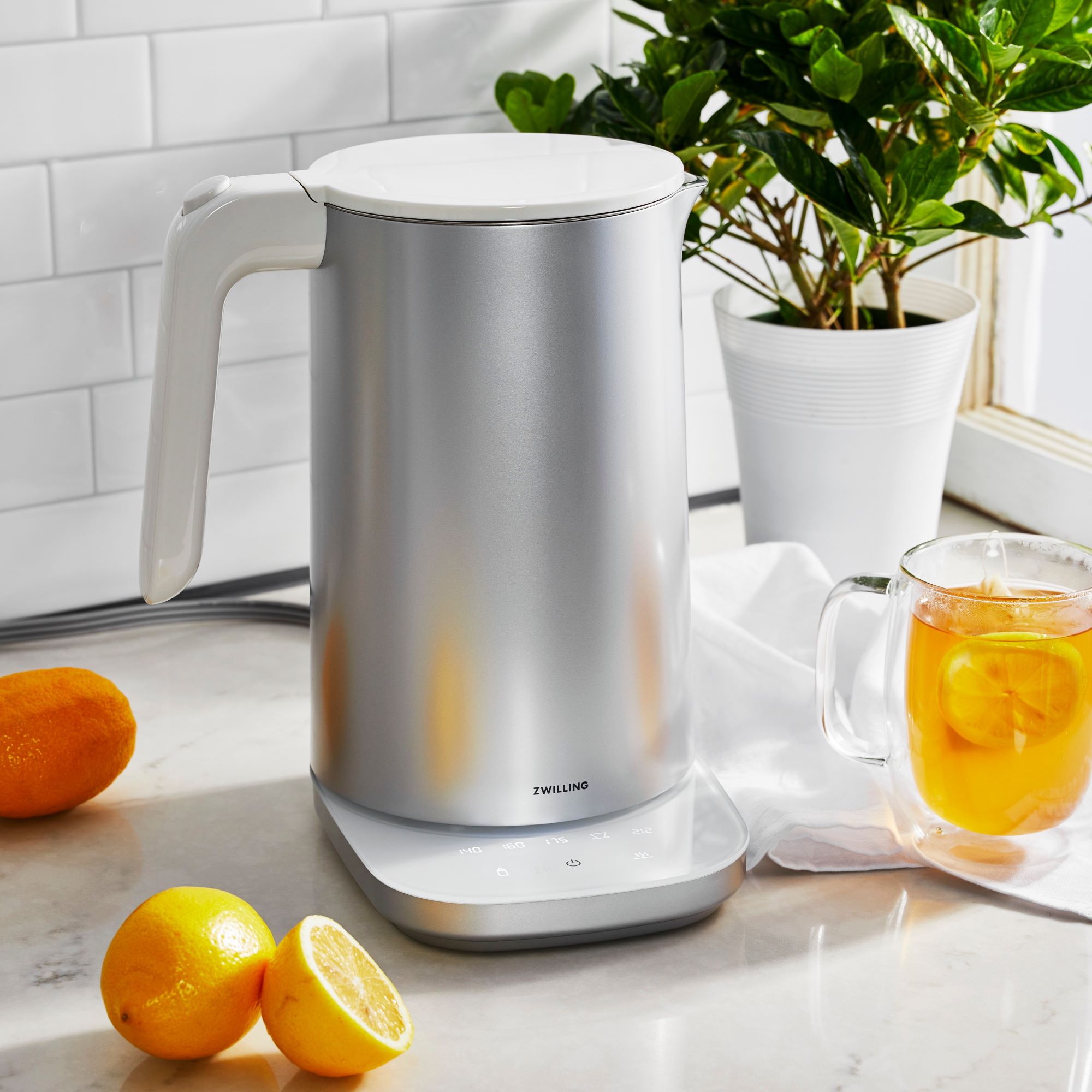
While it might be a chore to work out how much water you need to fill a mug or pan, it’ll save you money in the long run to only boil what you need. Rather than do it every time, jot down how much water a few of your favourite cups use and which marker on the kettle this corresponds to.
Your kettle will boil the water quicker as a result, and you'll bring those energy bills down ever so slightly.
3. Don't fill the kettle up every morning
‘Even though we drink a lot of hot drinks during the day, it’s still more energy efficient to boil what is needed each time than fill the kettle at the start of the day,’ explains Matt Manning, Group Carbon and Environment Manager, Currys.
FAQs
Does boiling a kettle use a lot of electricity?
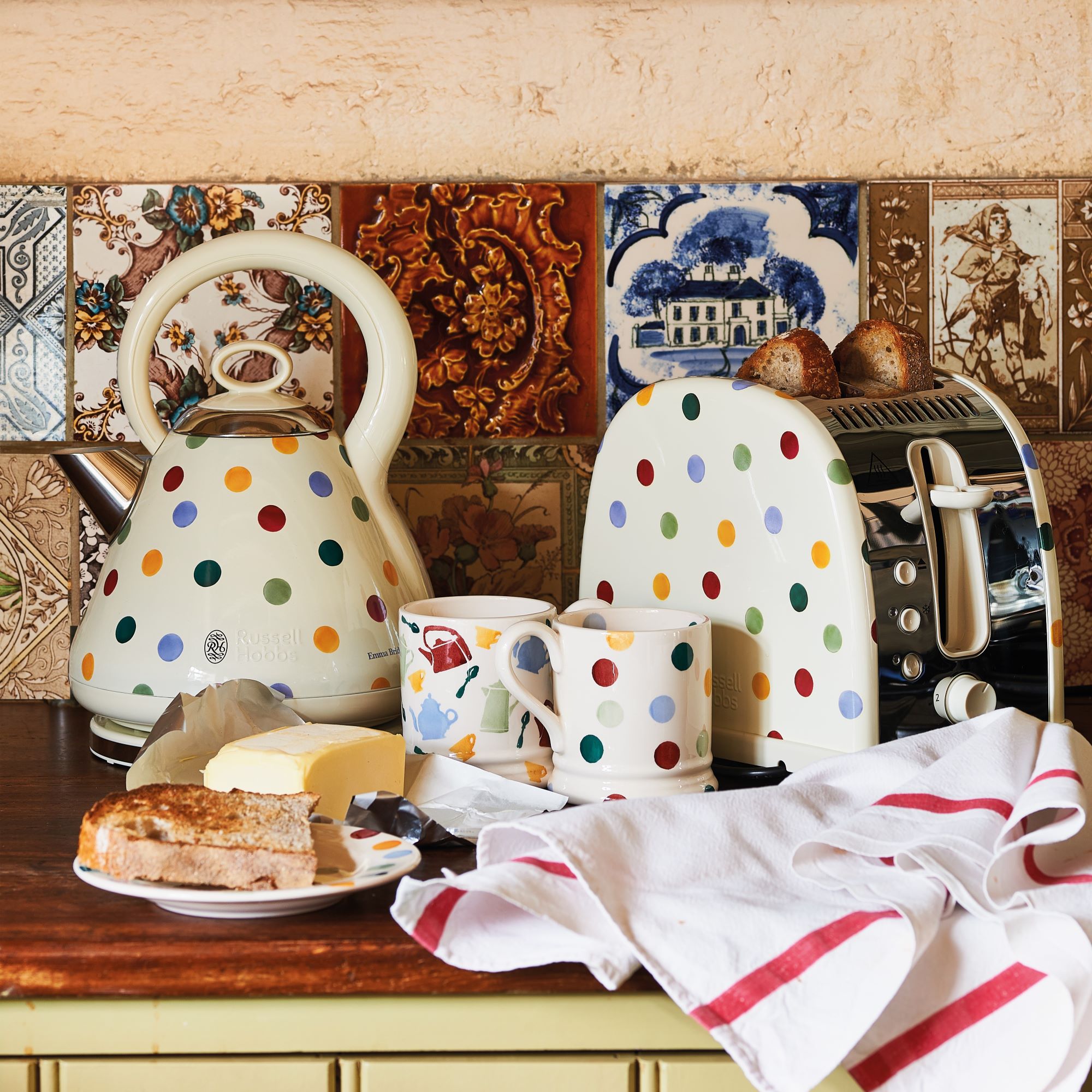
Boiling a kettle doesn't use a lot of electricity, though this does depend on the wattage of your kettle specifically. Most kettles use between 2-3 kWh of electricity.
A lower kWh doesn't necessarily mean that the kettle uses less electricity to boil water than one with a higher kWh. Generally speaking, a lower kWh means the kettle will take longer to boil, meaning it's going to be using energy over a longer period of time.
'Boiling a kettle doesn’t actually use much electricity, but if you have a lot of hot drinks the cost can add up,' says William Hobbs, Energy Expert, MyJobQuote. 'If you want to boil your kettle cheaply, only put in as much water as you need. This reduces the boiling time. And keep your kettle descaled, so it works efficiently.'
What is the cheapest way to boil water?
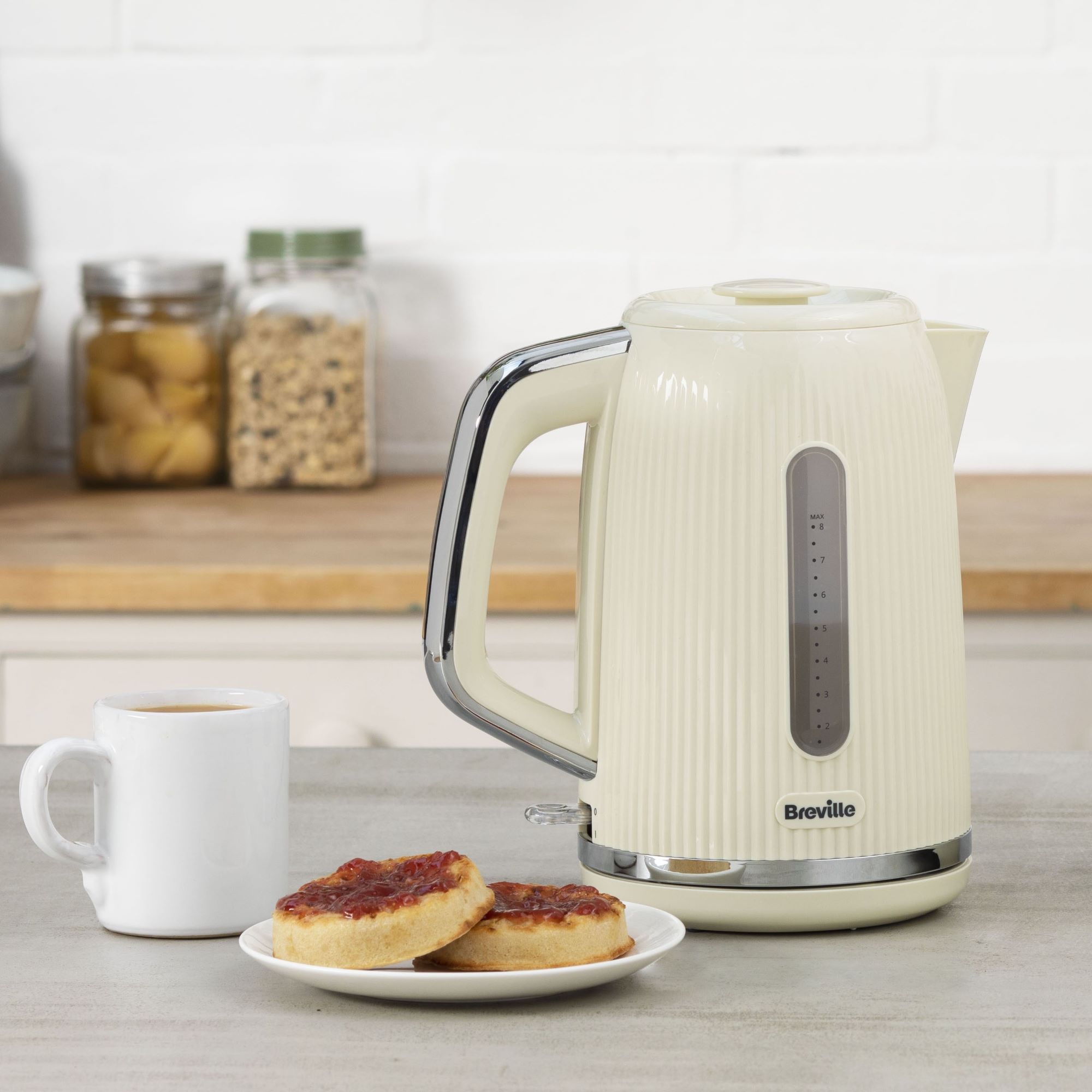
While the cost of boiling water in a kettle is relatively cheap, there are even cheaper methods out there.
'Microwaves can boil water for a marginally cheaper cost than a kettle, but you need to work out the right timings and keep an eye on the water you’re boiling, so this isn't really the best method', says energy expert William.
A cheaper and more effective boiling method is to heat the water on a gas hob, if you have one. Gas generally costs less than electricity. Under the January 2025 cap, the average price of gas is 6.34p per kWh.
'Boiling water on a gas burner can cut your costs by a quarter,' says William. 'Although this depends on your energy tariff. And you’ll need a stovetop kettle or a pan with a lid to boil your water safely and efficiently.'
An even cheaper solution than the gas hob is to install an instant boiling water tap, which may have a larger upfront cost than simply buying a kettle, but can save you a pretty penny long term.
'One of the most energy-guzzling appliances, the kettle uses on average 2,200 watts to boil 1.7 litres of water,' says Stephen Johnson, Managing Director, Quooker. 'Comparatively, a Quooker boiling water tap only uses 10 watts per day to keep water in the tank at 110°C, thanks to its patented high-vacuum insulated tank preventing heat from escaping.'

Rachel Ogden is a freelance journalist with more than 20 years’ experience of writing, editing and sub-editing. Since 2007, she's worked exclusively in interiors, writing about everything from extending your home to kitchen worktops, flooring, storage and more. She specialises in product reviews, having reviews hundreds of small and large appliances and homeware.
- Katie SimsContributor